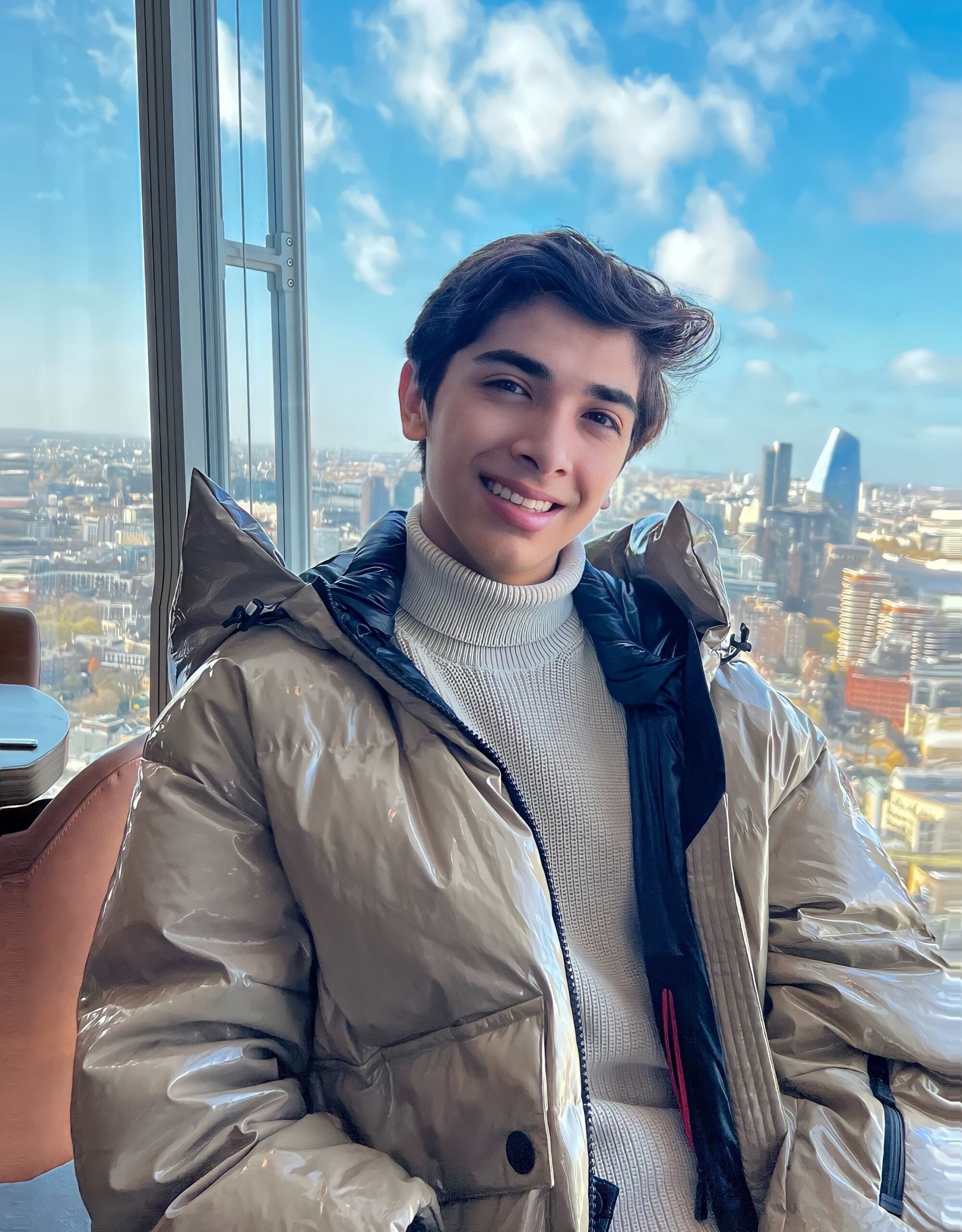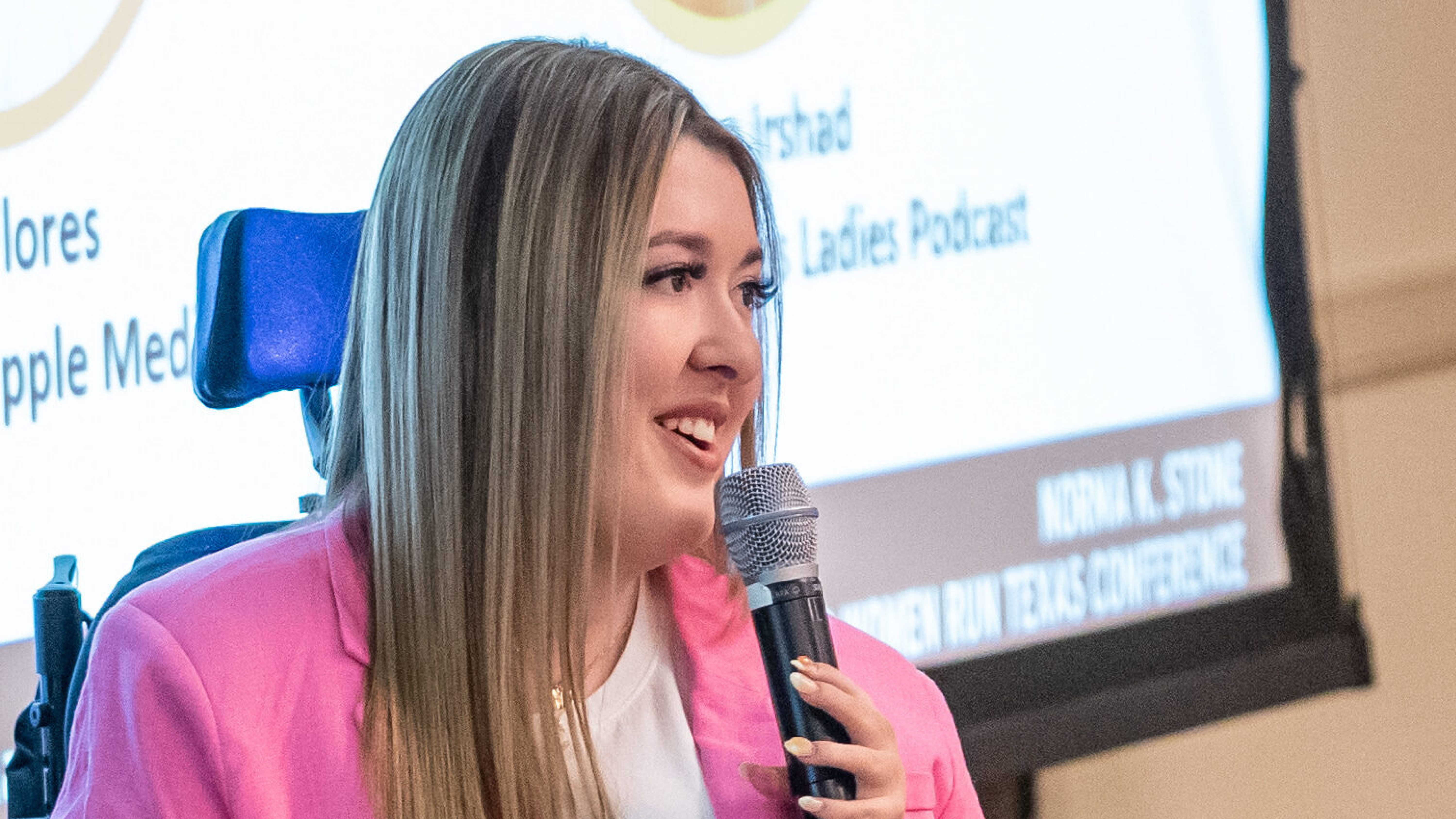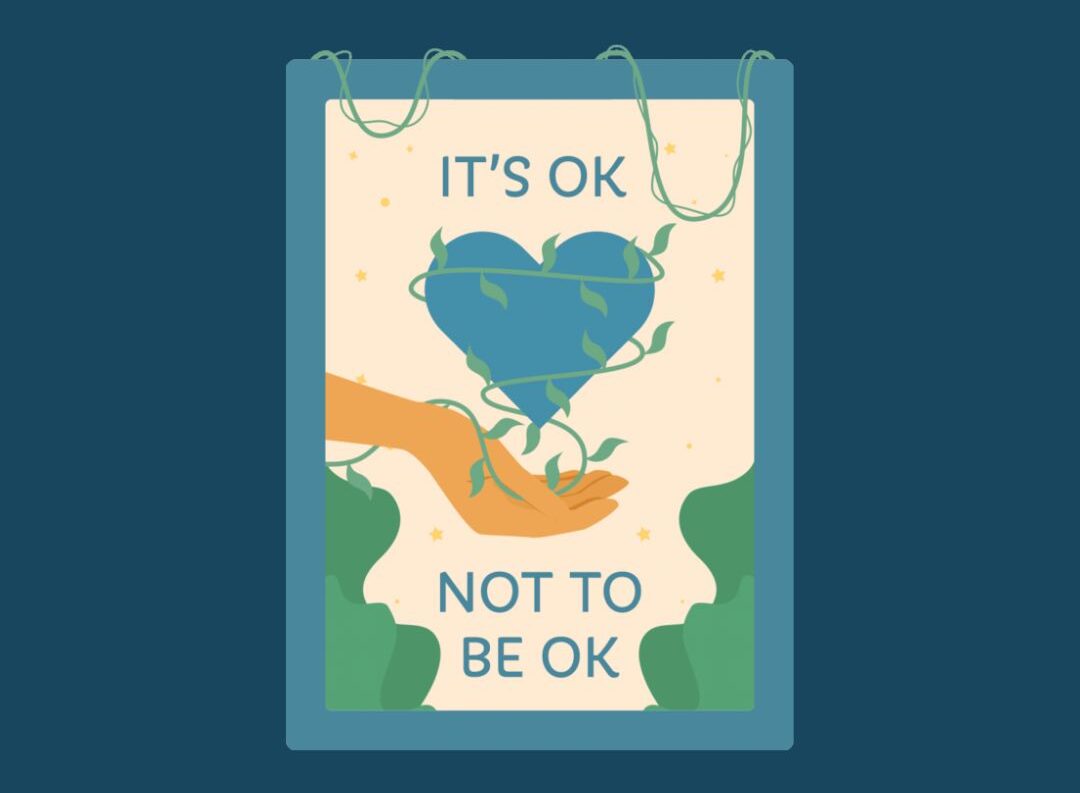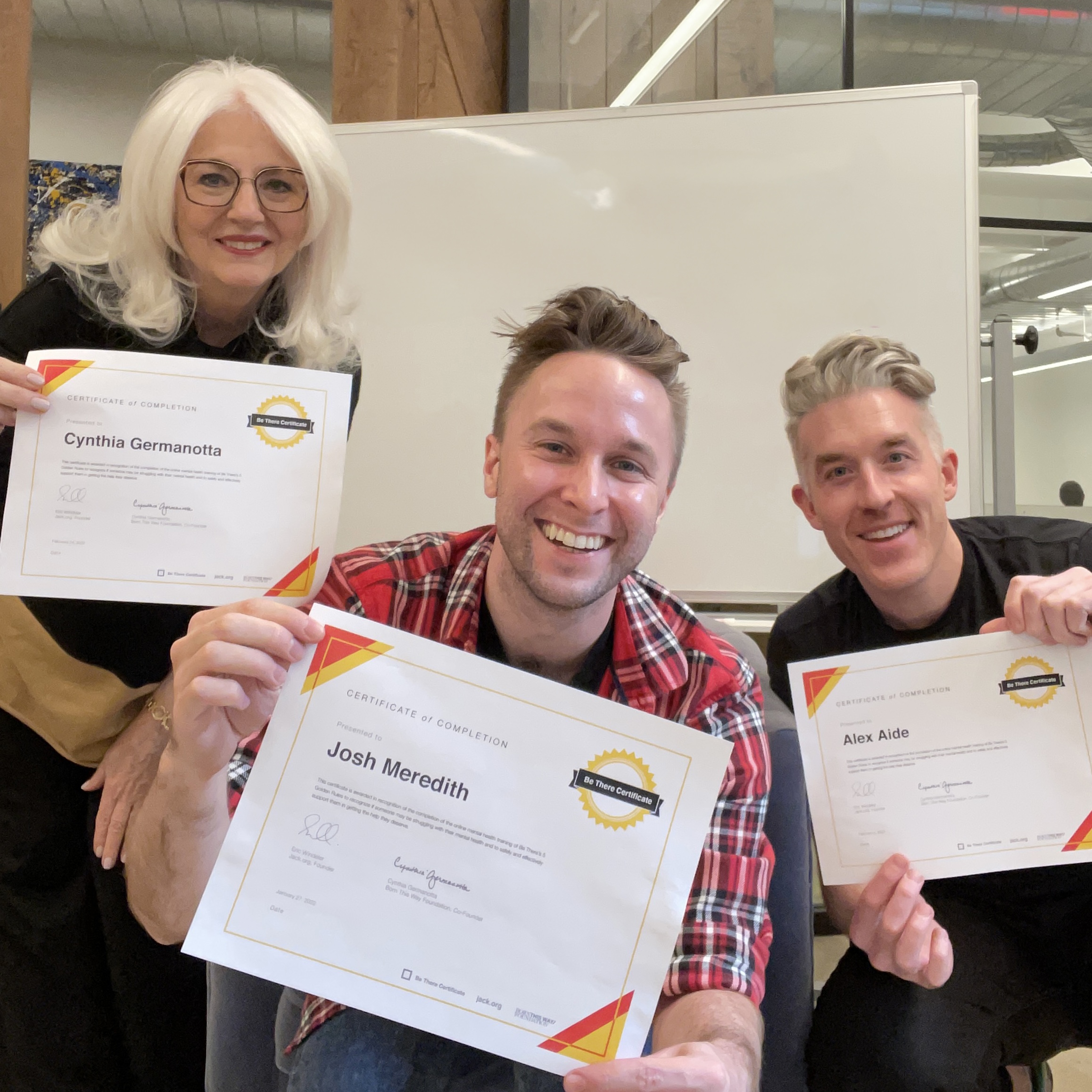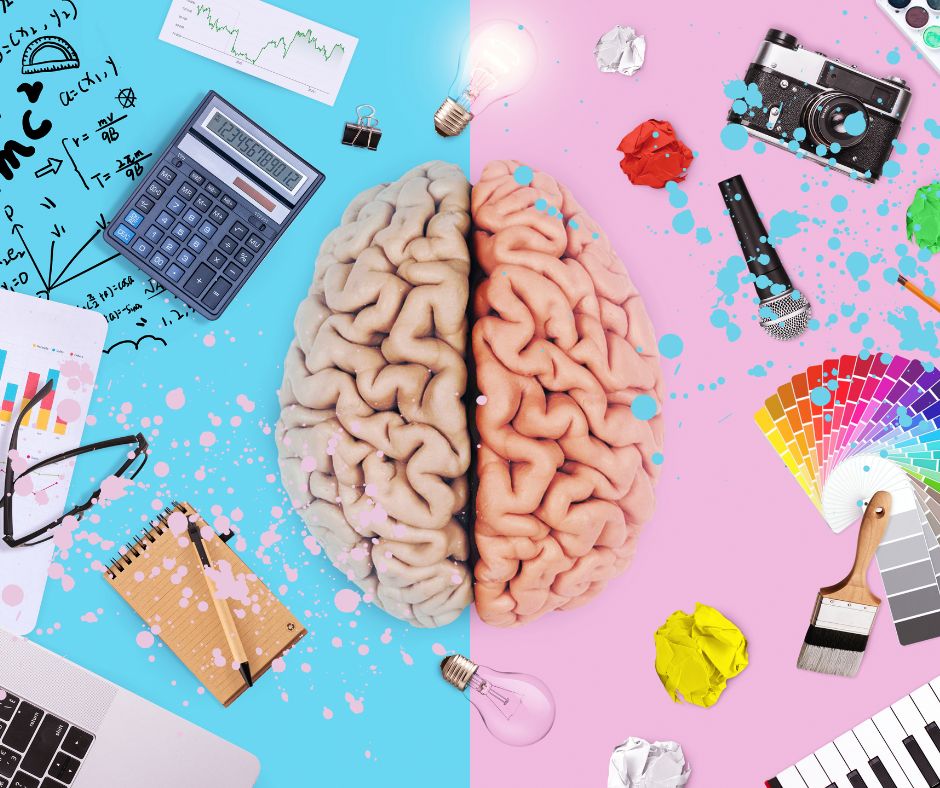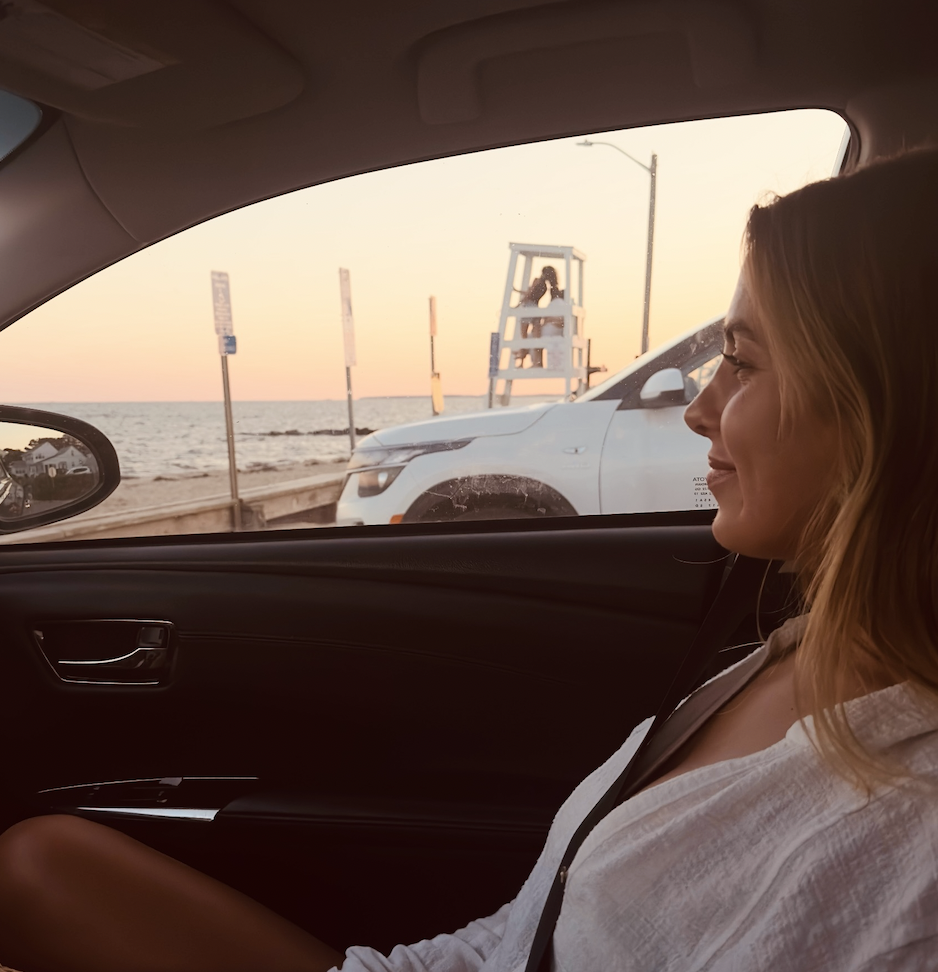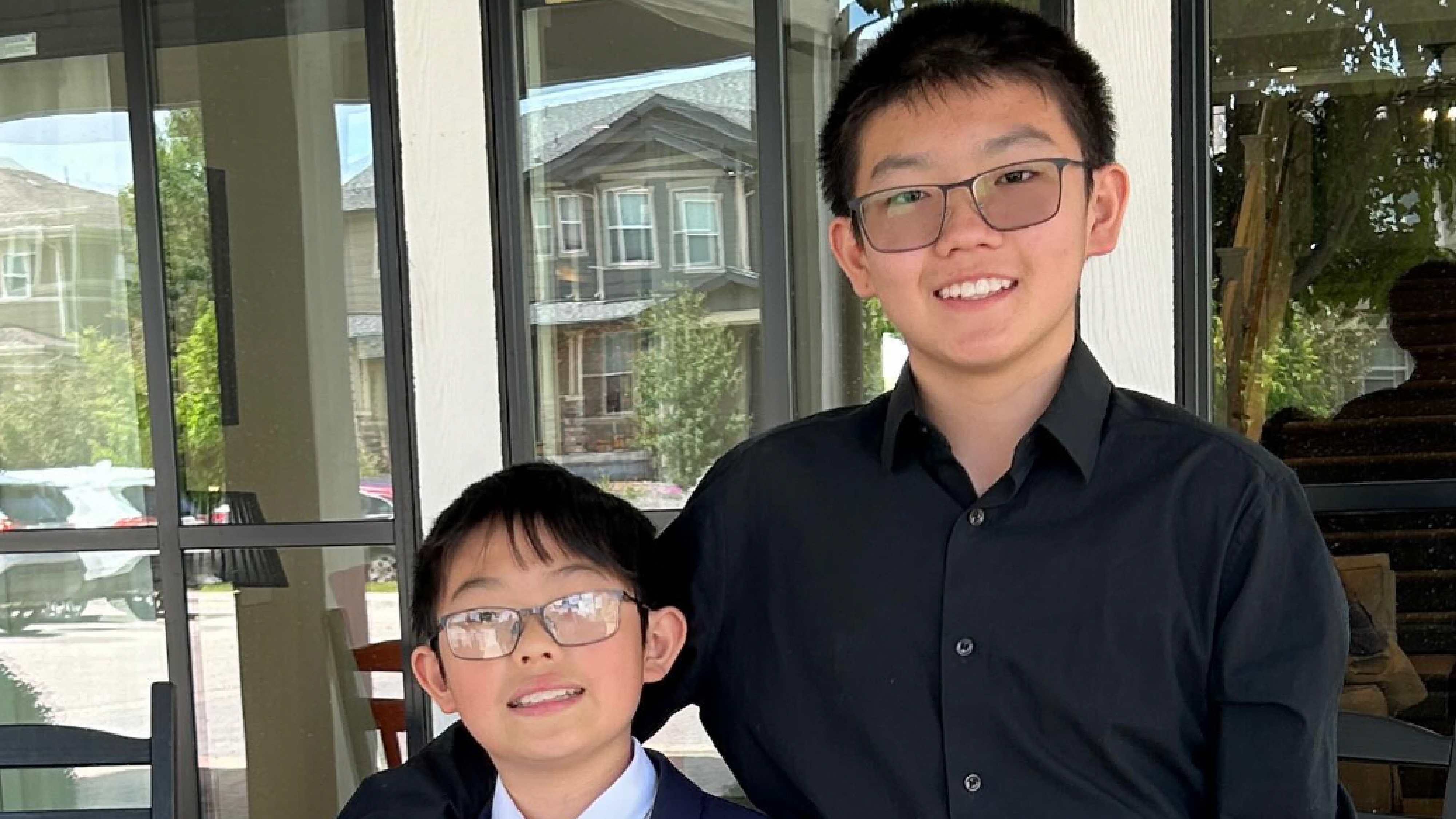In being part of Born This Way Foundation’s Youth Advisory Board, I’ve had the privilege of meeting youth from all around the globe who are changing the world, one ripple of kindness at a time. I interviewed one of my fellow Youth Advisory Board members, Emily Flores, who shares with us her journey in promoting kindness and mental wellness in her community. She has so many wonderful gems to share with us, so read on to learn all about Emily and her journey in advocacy!
Joseph: Emily! Thank’s so much for joining with us today. For my first question, I wanted to ask what inspired you to get involved with Born This Way Foundation and its mission of promoting kindness and mental wellness?
Emily: Thank you Joseph! I’ve been aware of Born This Way Foundation’s work for a while now, and really admire their focus on mental health advocacy. Mental health is very important to me, as I founded an organization called Cripple Media that was created for and by young disabled people to create more honest and impactful representation for the community. The work we do is related to mental health advocacy, so it truly coincides with the foundation’s values. About a year ago, I was diagnosed with OCD and ADHD, which gave me a better understanding of myself. So, I decided to become more involved with Born This Way Foundation.
Joseph: That’s amazing that you’re working with such an impactful organization! What have been some of the biggest challenges you’ve faced in your advocacy work, and how have you overcome them?
Emily: The biggest obstacle I face is the stigma around mental illness. People often lack an understanding of mental illness, and every time I share my story, they think it isn’t as big of an issue as it actually is. They don’t understand what OCD is. That’s why it’s important to be aware of language when talking about disability, such as avoiding words like “crazy,” “psycho,” or using mental illness as an adjective (i.e, “I’m so OCD about my room”). These perpetuate stereotypes and lead to systemic issues such as mental health programs being underfunded and a lack of mental health awareness.
Joseph: So true. How do you think we can continue to break down stigmas and promote understanding around mental health and wellness?
Emily: It all goes back to the people. I would like for organizations to pay more attention to the actual people from these communities who suffer from mental illness. Movies, TV, and books are so influential in the way we think and interact, but it’s also important to speak to the people from these communities. Professionals sometimes aren’t aware of the proper treatment for certain conditions, and there’s a lot of performative activism. I love the organization NOCD, which does workshops on what OCD is, provides therapy, and adequate treatment to patients. We need to be open to learning from these communities. Almost everyone is aware of mental health, but no one is doing actionable change.
Joseph: I 100% agree, we can’t grow as a society without learning how we did wrong first. On the same thought, how do you balance self-care or taking care of your own mental health with your advocacy work in Cripple Media?
Emily: This is something I still struggle with, but I started Cripple Media when I was 15. It’s like my baby that’s grown alongside me. But I’ve come to realize that we can’t help other people without helping ourselves, too. I believe rest is power, so it’s essential to take a step back and take breaks. I used to overwork myself, but I learned that boundaries are an act of love. It’s okay if you aren’t able to do work on a certain day or function as you normally do. As a society, we’re often taking up by the hustle and grind culture, and even as activists, we often believe that “You have to keep on going” always. Sometimes it’s not healthy and we need to give ourselves time to rest.
Joseph: So true, take those breaks when you need them! What advice would you give to someone who wants to get involved with promoting kindness and mental wellness in their community?
Emily: The best way is to start within yourself. It’s really hard to be kind to others when you’re not kind to yourself. When I was at a place in my life where I wouldn’t give myself breaks and was constantly working, I would put off eating, sleeping, and doing healthy things because I felt like I didn’t deserve it and inadvertently punished myself. I wouldn’t allow myself to be present in my relationships with friends and family, but those are the relationships you need to “water” every day, and they’re the relationships that help us become more like ourselves.
Joseph: I love your “watering” analogy. Relationships are very much like plants, you have to nurture them and help them grow to their fullest potential. Looking ahead, what are some of your goals for the future of Born This Way Foundation, and how do you hope to continue making a positive impact in the world?
Emily: I’m really excited to be part of the board, and I want to be someone that makes a real change. One of my immediate goals is to work towards making change in the OCD community. On average, it takes 15 to 20 years for someone to get diagnosed with OCD because of the huge lack of understanding and awareness of the condition. I want more people to know what OCD is, what it looks like, and continue working with organizations to advocate for our community.
Joseph: Well, this concludes our interview, thanks so much for chatting with me Emily. I always like to ask one more question at the end, and that is, what’s your favorite thing to do for fun! Today’s your day off, you have no obligations, what’s your go-to activity?
Emily: I really like gaming a lot! I play Animal Crossing and Fortnite, and love the sense of community it brings. I always think it’s really fun, and it definitely relaxes me.
Joseph: Awesome! Well thank you again for chatting with us Emily!
To learn more about Emily’s journey, follow her on social media @emilyflowurs or learn more about her organization at cripplemedia.com.




